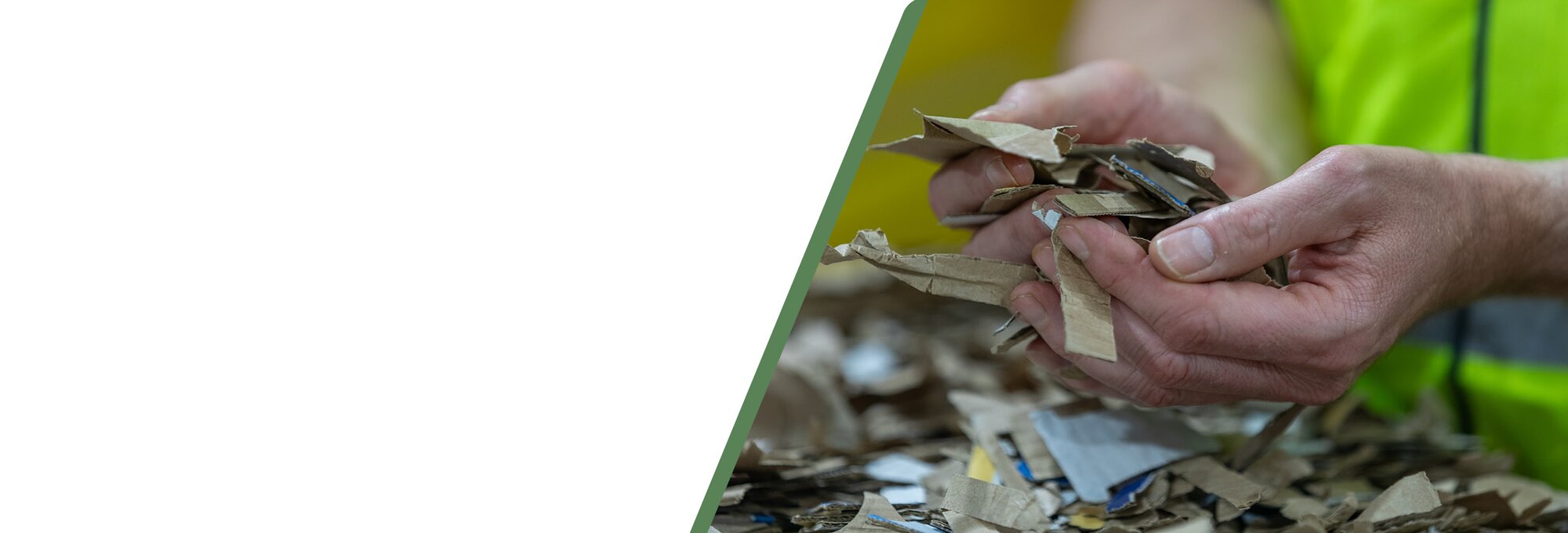
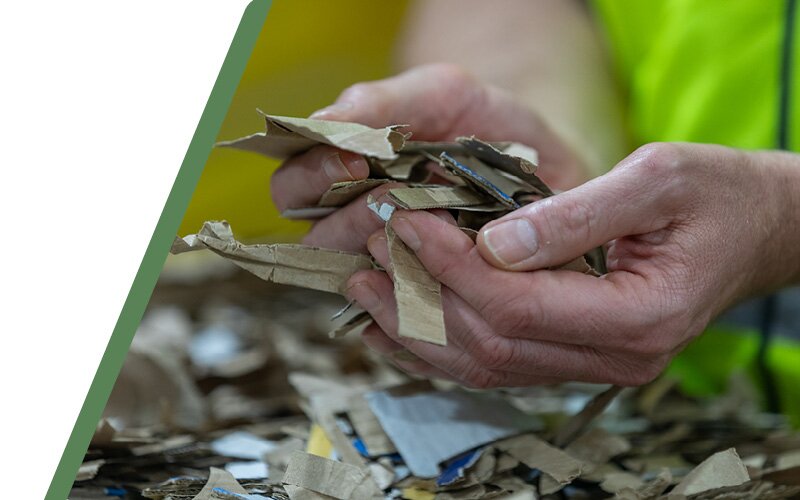
Environmental

Environmental
We’re committed to reducing our impact on the environment as we advance our legacy as pioneers in sustainable manufacturing.
We recognise our responsibility as a large healthcare manufacturer to make a difference and take our environmental impact seriously. With a Net Zero baseline and annual calculations in place, and generating a clear and actionable Carbon Reduction Plan, we're staying accountable for our outputs and we've already made significant progress on our journey.
By improving and changing the raw materials in a number of our products, we've been able to take important steps in making our solutions as sustainable as possible, while still retaining our core aim of preventing healthcare-associated infections. All our single-use medical pulp is made from 100% cellulose-based byproduct of the paper industry, with a zero waste production process also in place.
The 5th Generation of Sharpsafe that came to market in 2022 made a great impact on the sustainability of single-use sharps containers, with up to 100% recycled plastic within the bases. Through this project, we've managed to achieve a 94% reduction in the carbon footprint compared to virgin polypropylene containers, and influenced the industry in changing the NHS's HTM 07-01 standard to recognise a shift to grey bases.
Our cotton wool facility, the UK's only cotton wool manufacturer, use waste products from other industries to produce their products.
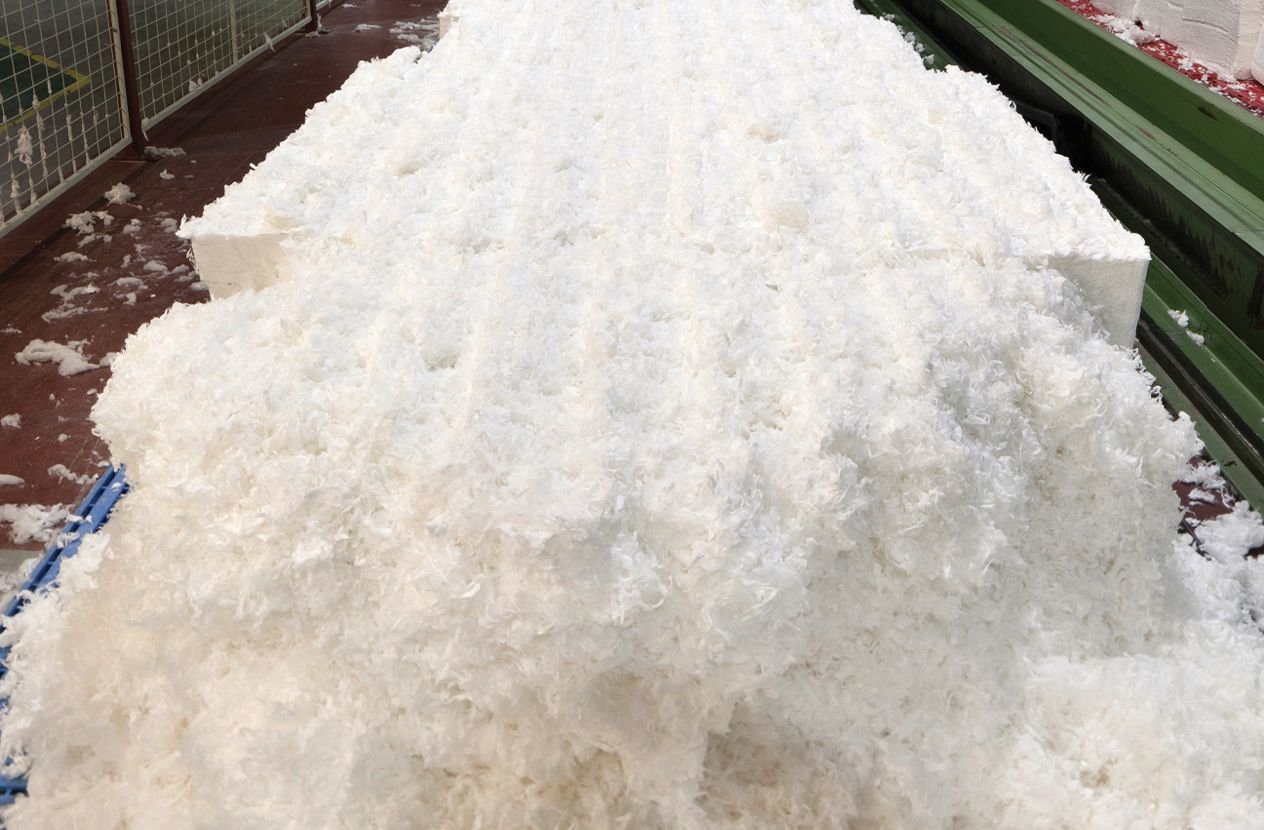
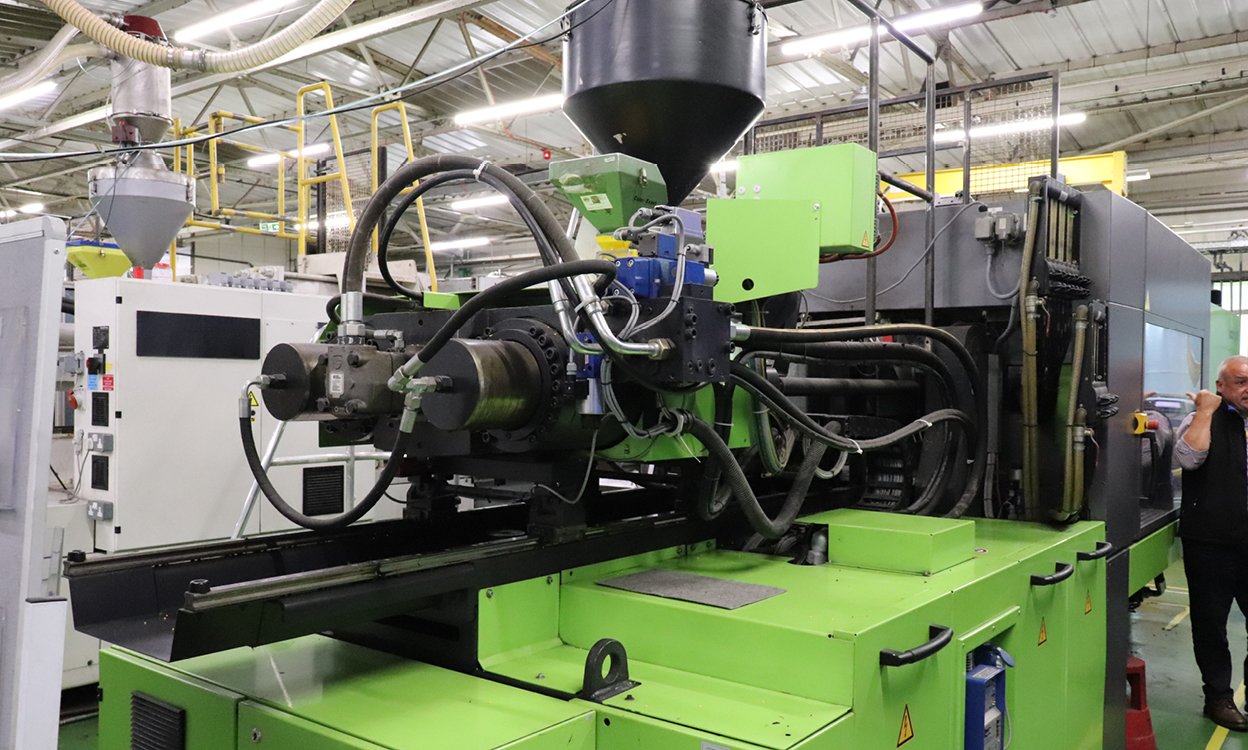
We understand the need for minimising waste during our manufacturing processes and Vernacare offer a unique option of pulp manufacture using innovative methods of reclaiming by products of the paper industry from the waste stream and transforming into sustainable, medical pulp. This process ensures reuse any rejected products and direct it back into our process, reducing any waste produced and minimising our raw material requirements.
Our Sharpsafe and Clinisafe manufacturing facility in Blackwood, South Wales also reuses any waste materials generated from our injection moulding process. This is fed back into the process to divert waste from incineration or landfill, in turn reducing the raw materials we need to procure.
We've made significant investments in our manufacturing sites to replace or upgrade older machinery with new, in turn removing those energy guzzling machines and bringing in more energy-efficient technologies while maintaining efficient, quality manufacturing process.
At our Blackwood site in South Wales we've replaced 11 older, large machines with just two new, efficient machines that can product the exact same amount of product, but at a lesser cost to the environment.
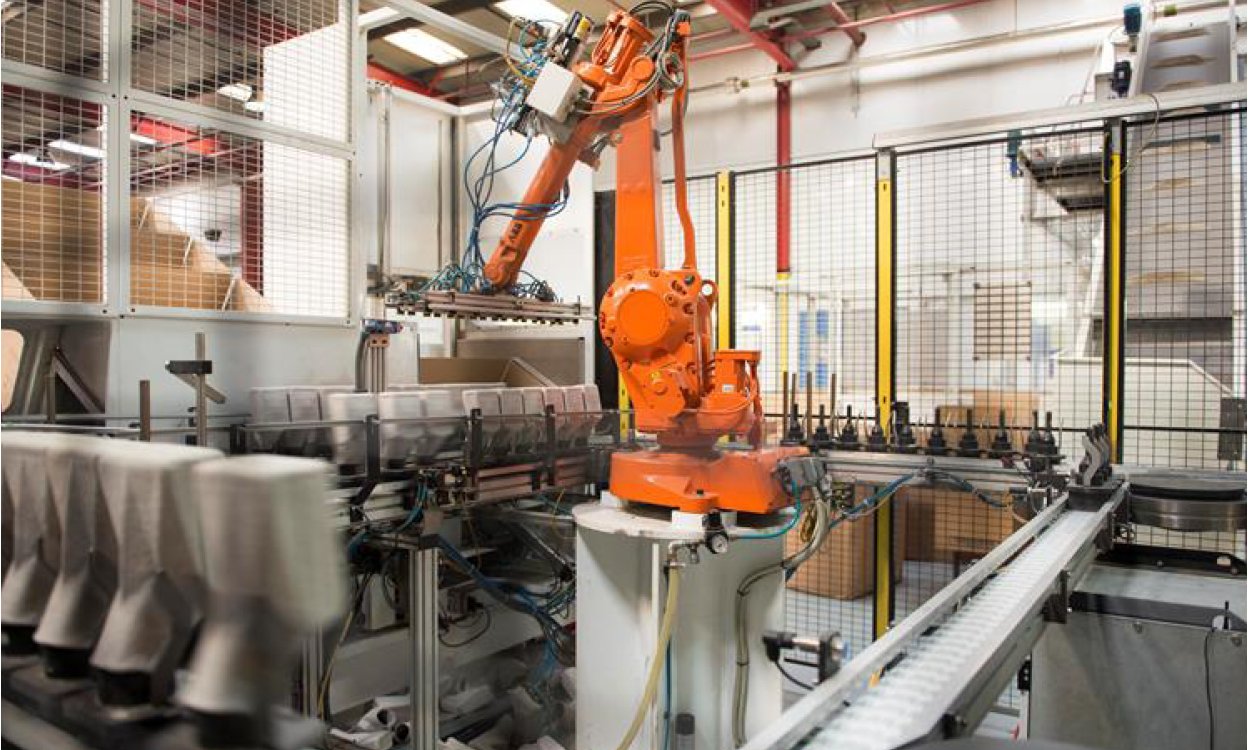
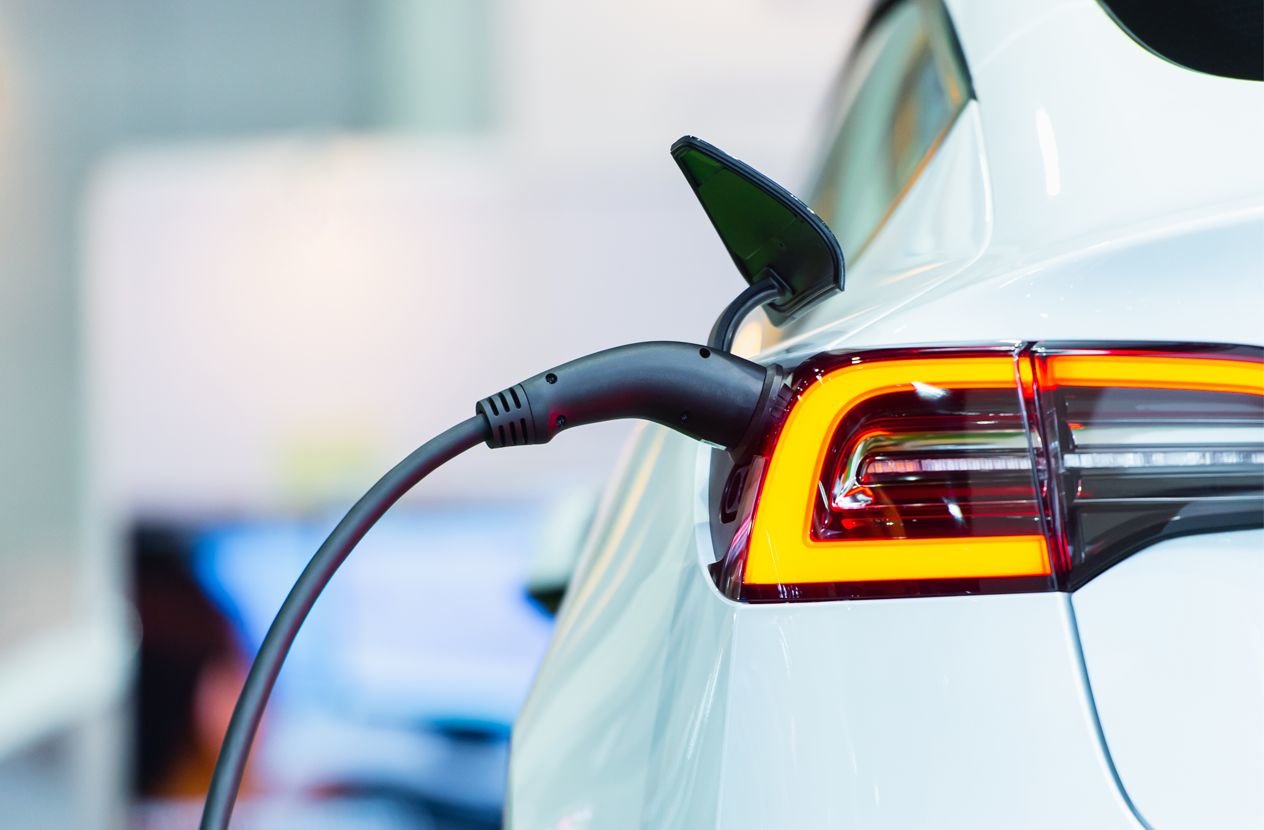
Our commitment to reducing our emissions doesn't just lie in our manufacturing facilities, but it's across our whole business including within our offices, when our sales teams are out on the road, and how we attend events and conferences.
We love to see our teams out on the road meeting partners and customers, so we've made this more sustainable by converting over 73% of our company car fleet to electric or hybrid vehicles, significantly reducing our carbon emissions from business travel.
Printed materials can have a detrimental impact on the environment, with high carbon emissions associated with printing plus a large amount of wasted or outdated products. We've already begun our shift to becoming a digital business, with all our product literature available online for all our customers and partners, and we're utilising recycled materials when we need to.
We're committed to engaging with industry associations to be part of the bigger debate
With the Vernacare Partnership Programme, we're working in collaboration to achieve common goals.
Find Out More